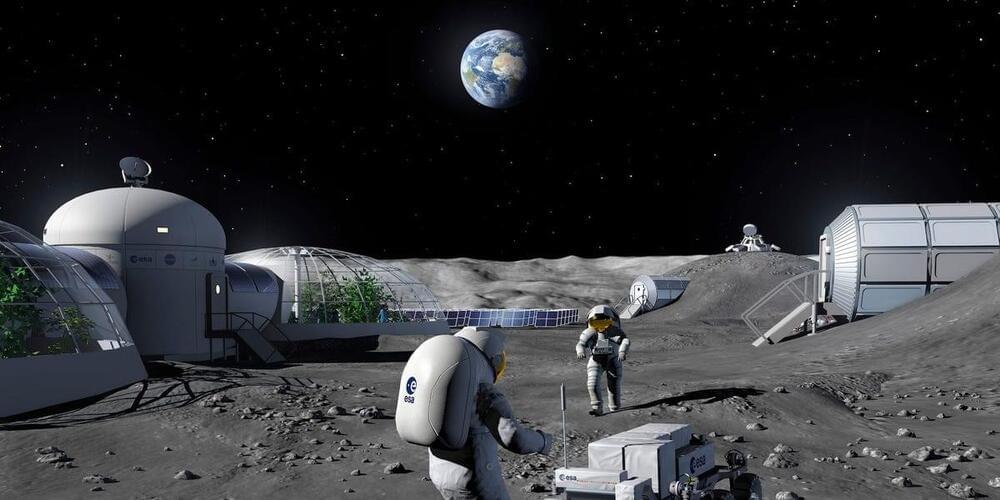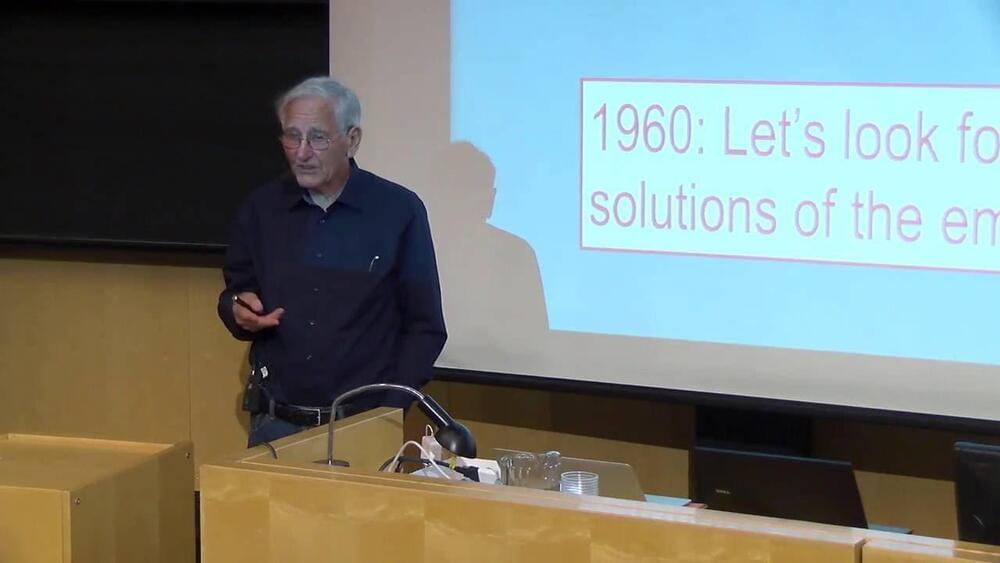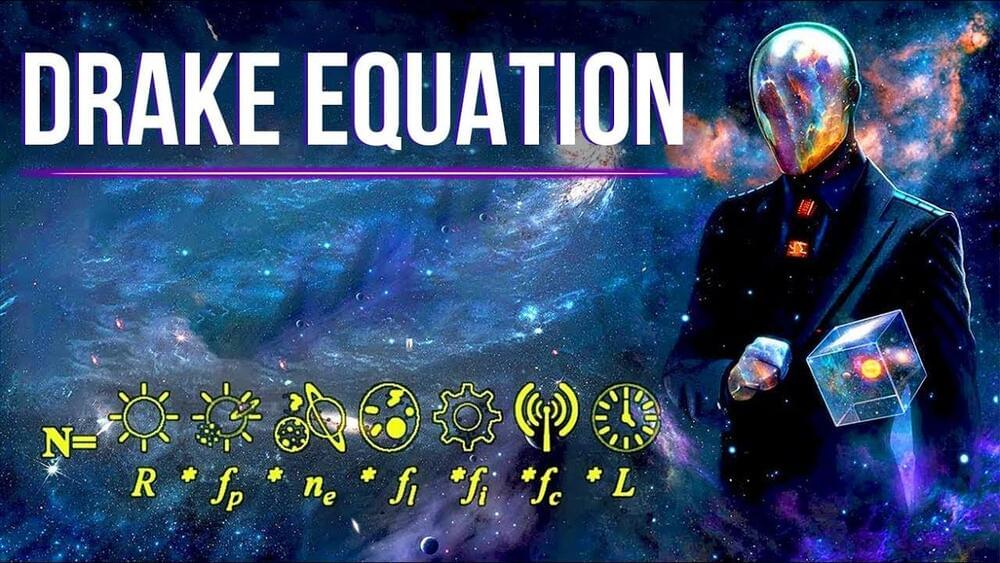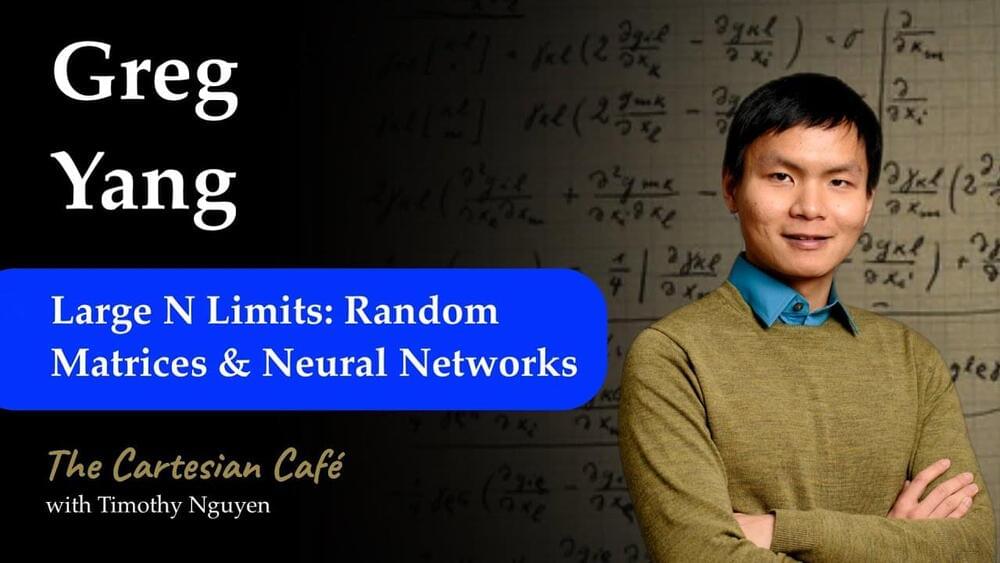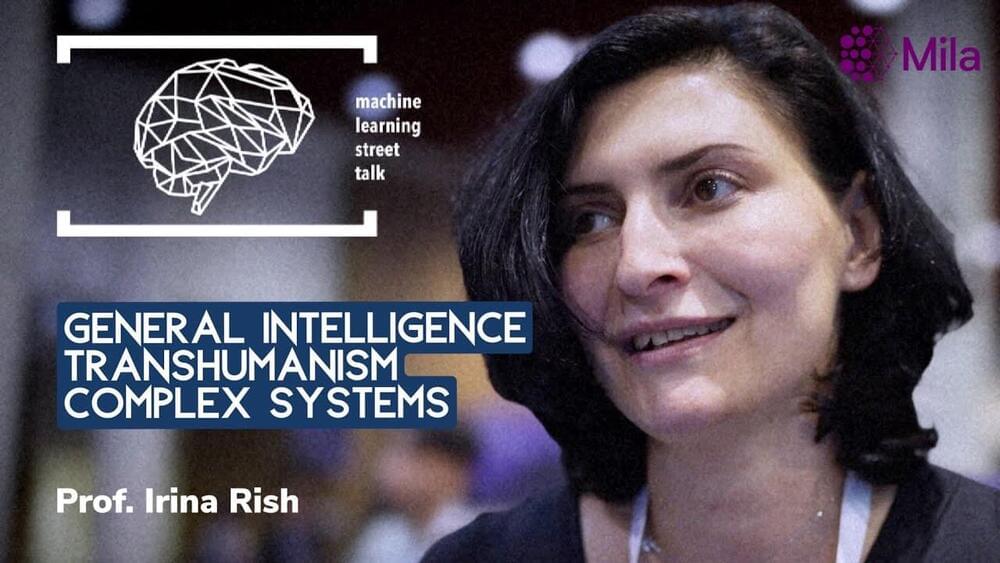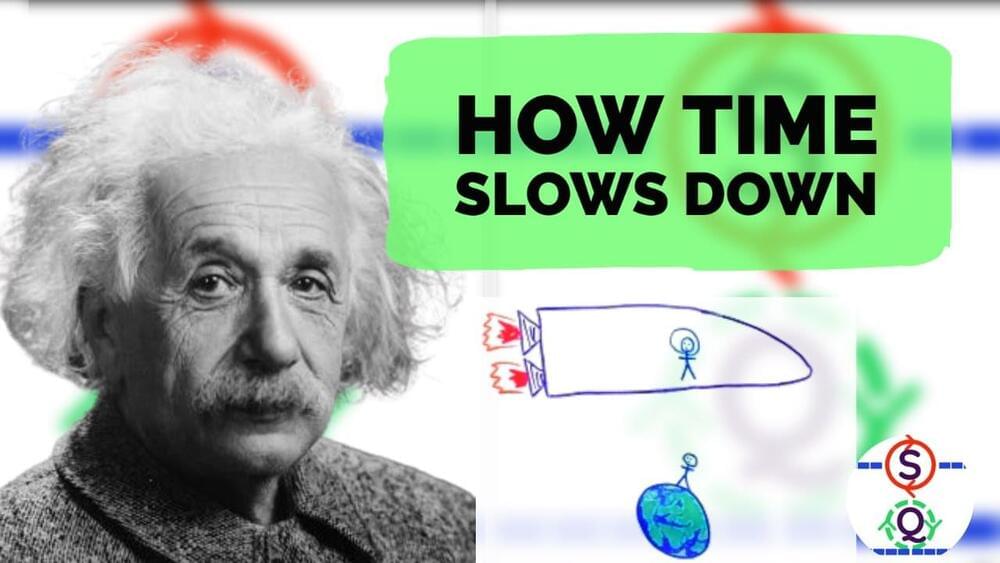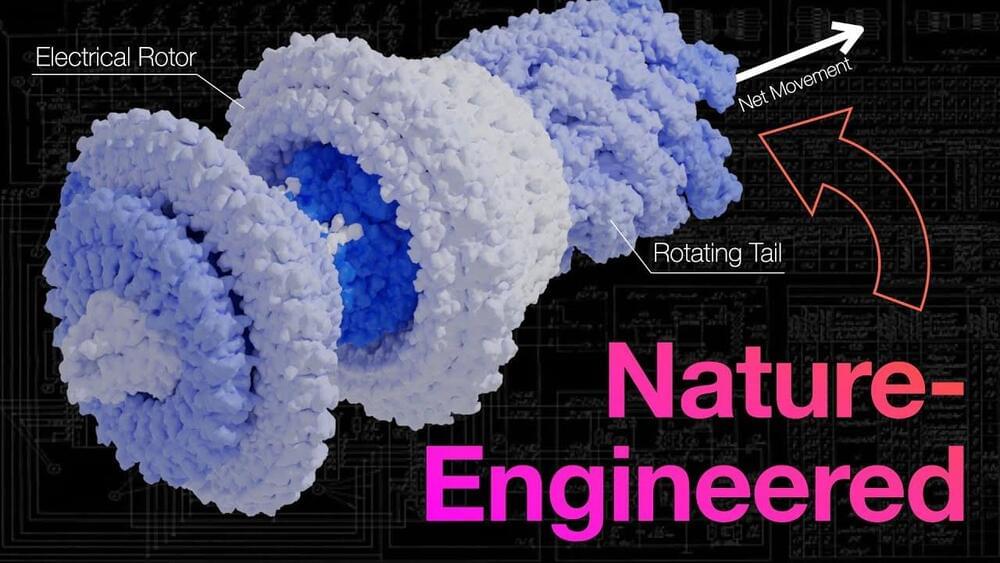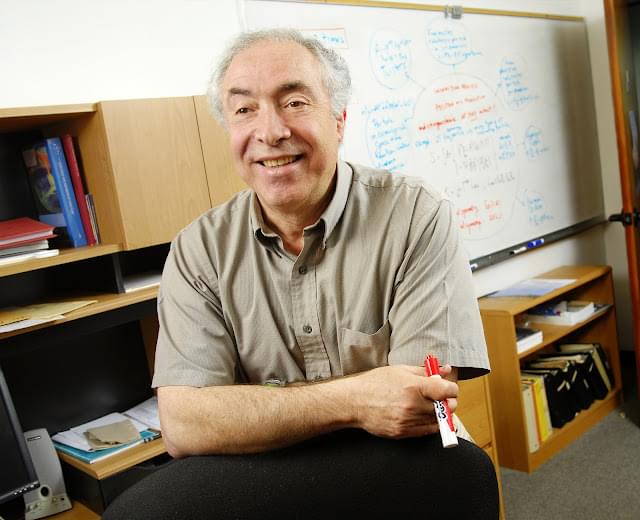
As science fiction would have you believe, you can’t really go to “another dimension.” Dimensions are more about how we see the world. But some things point to not just one, but two dimensions of time, according to one expert. If it were true, the theory could fix the biggest problem in physics, which is that quantum mechanics and general relativity don’t agree with each other.
Itzhak Bars from the University of Southern California in Los Angeles says that’s the case. Up, down, left, right, forward, back, and space-time are the normal three dimensions. In Bars’s theory, time is not a straight line. Instead, it is a curved 2D plane that is woven into all of these dimensions and more.
Dr. Bars has been working on “two-time physics” for more than ten years. All of this started when he started to wonder what time has to do with gravity and other forces. Even though the idea of more dimensions sounds strange, more and more physicists are thinking about it because it could help create the “theory of everything” or “unified theory of physics” that everyone wants. This would put all of the basic forces of the universe into a single, simple math equation.
